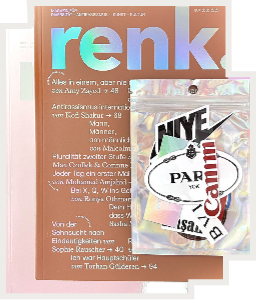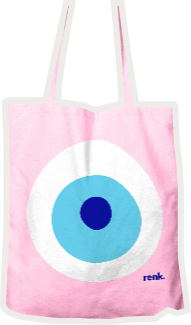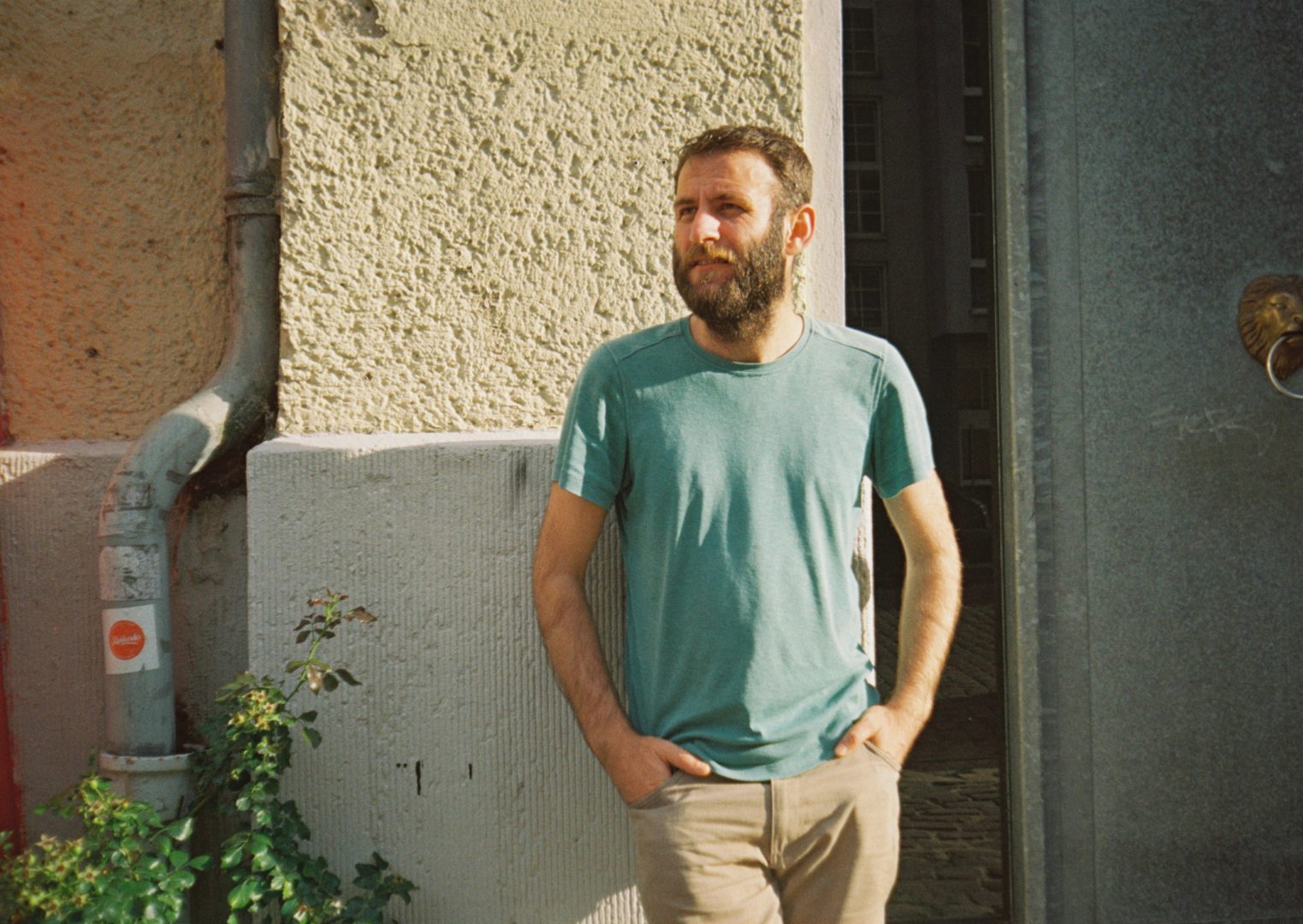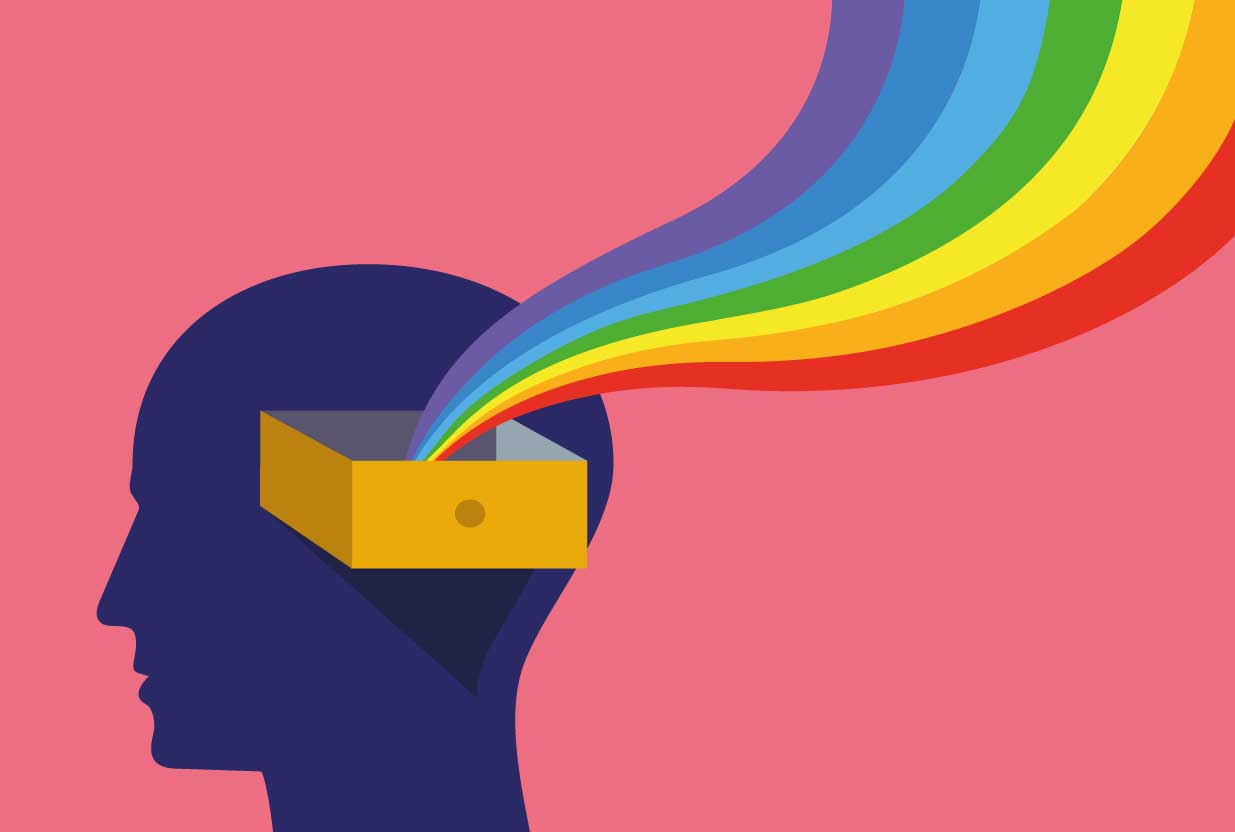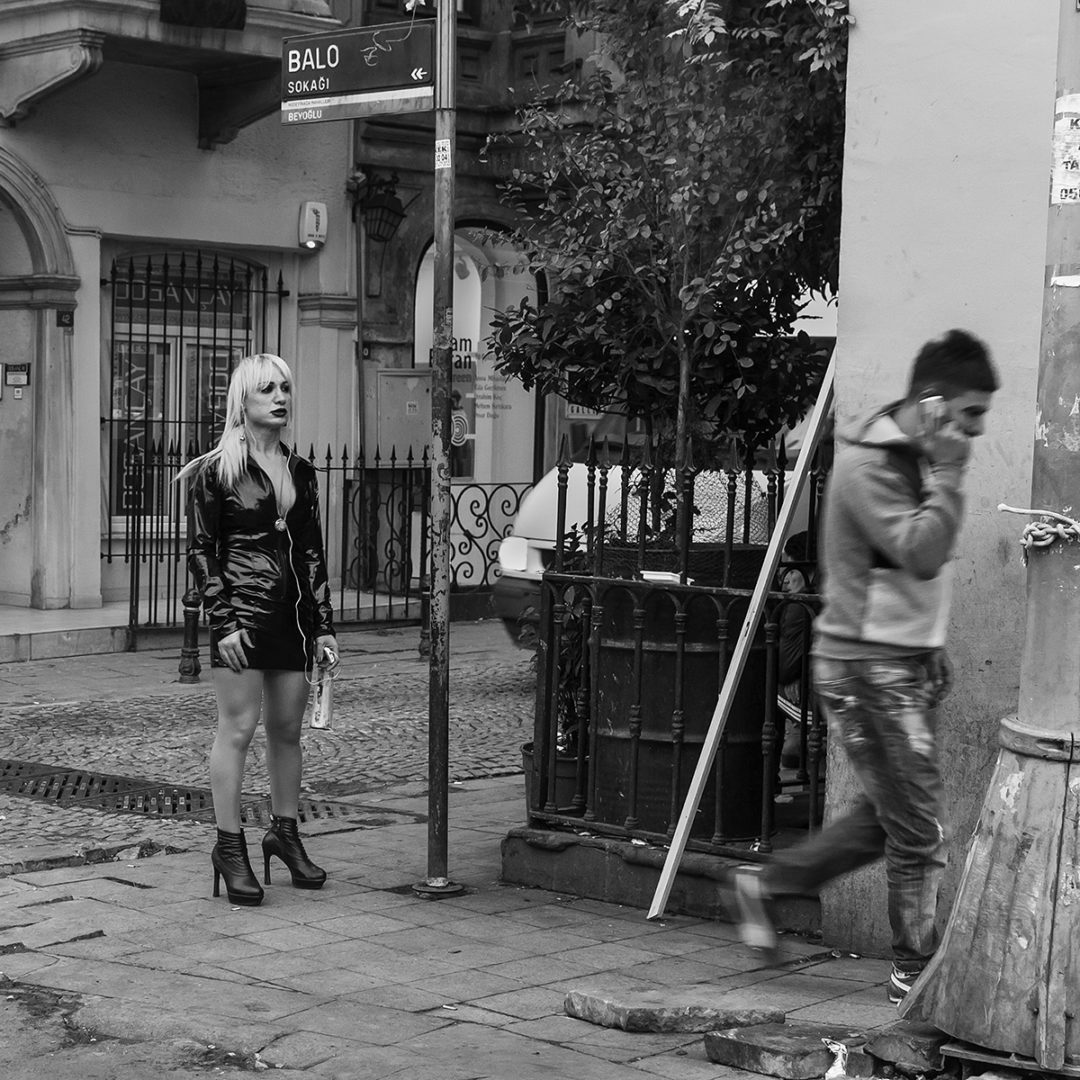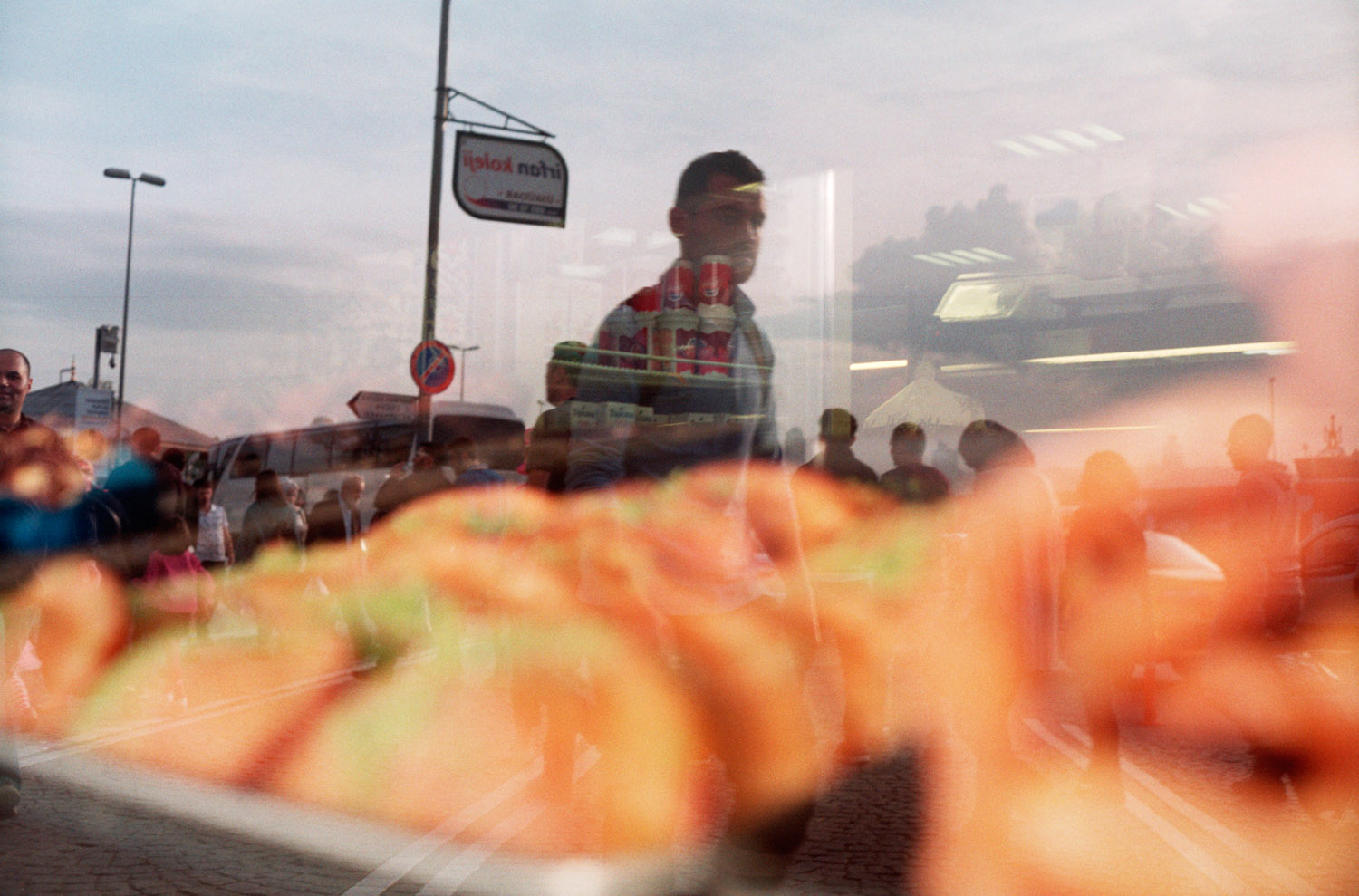“Every human is a story waiting for their narrator.” For many, the most beautiful thing about Berlin is its inhabitants and their stories. One of these Berlin stories is that of Rezan Aksoy, an actor from Turkey, who came to Berlin in 2016. Despite many bad experiences, Rezan continues to exude a sense of laidback amiability, and in many ways he represents young Turks who have moved from Turkey to Berlin in recent years.
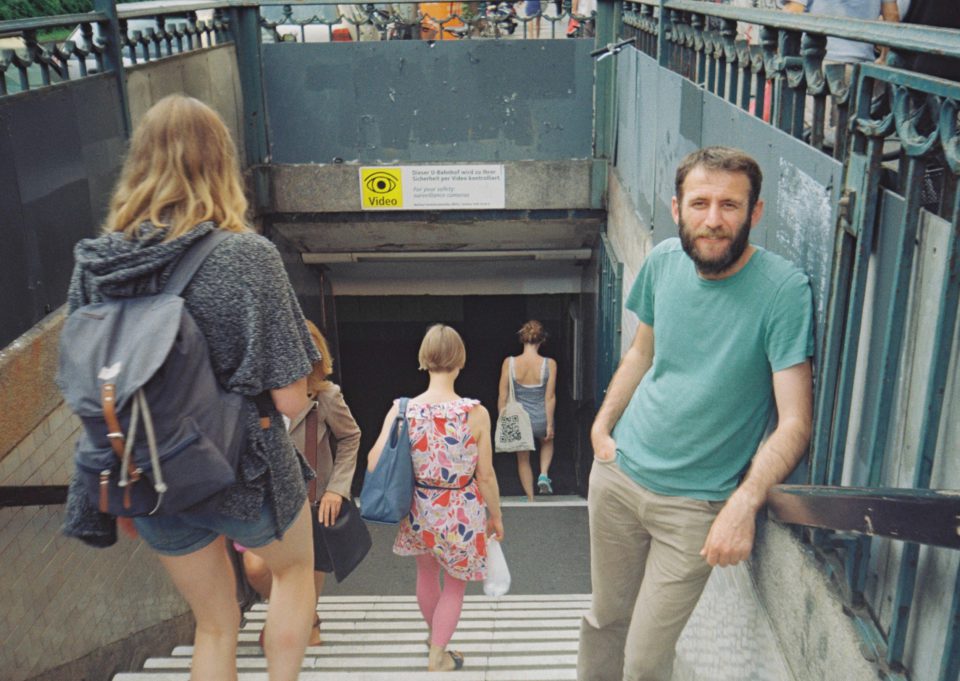
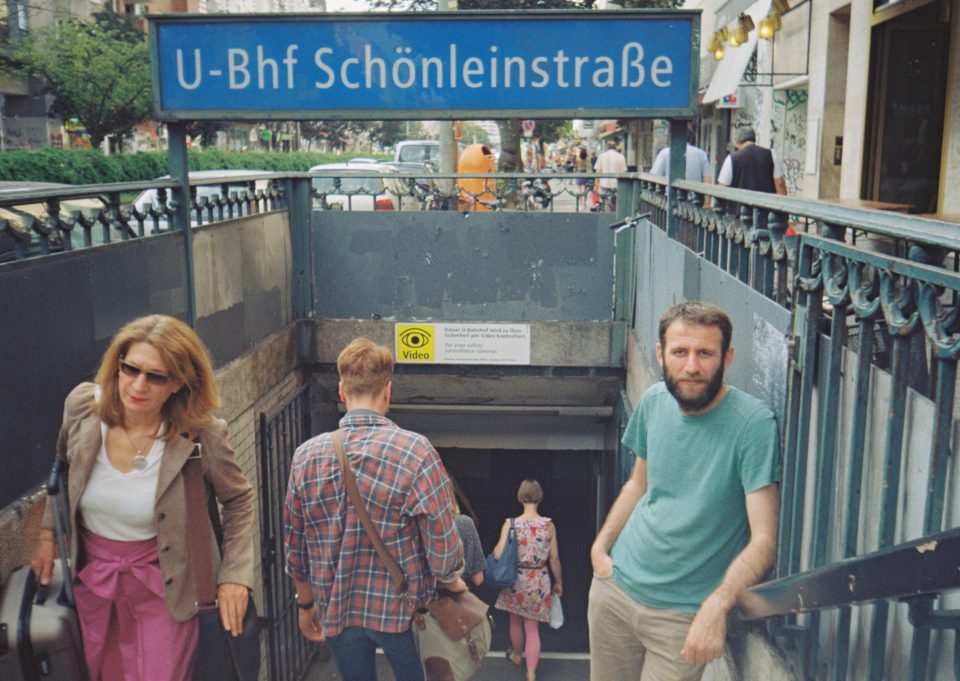
Let’s start with that classic Turkish question: Where were you born?
I was born in 1985 in a village called Üçağıl (although its real name is Kozan) in the south-eastern province of Mardin. I lived there until our village was evacuated in 1993, after that we moved to Izmir and I lived there until 2016.
What were you up to in Izmir before you came here?
I was working professionally in theatre, that’s my career. Before I came here I was the director of the Karşı Sanat Theatre whilst also completing my master’s degree in Theatre Arts at college in Izmir. Since I came here halfway through my studies, my master’s is still only half finished. That’s what I was last up to: a half-finished master’s thesis and a small adventure into the world of directing.
In my opinion, I was politically censored and that’s something that I can’t accept, so I quit.
You must have put on a fair few plays whilst you were studying?
After I graduated from high school, I founded a theatre in Kuşadası where I worked as the producer and art director. But I resigned after a year and a half.
Why is that?
The theatre was in a CHP-led borough (an acronym for the Turkish ‘Cumhuriyet Halk Partisi’ or ‘Republican People’s Party’ – ed.) I always kept my distance from centrist parties, but the mayor was a leftist and told me that we could achieve some really great things at the theatre, and so long as he was in charge there would be no talk of interventions. So I took up his offer of a job. It was later when friends of mine who had recommended me for the position were dismissed that I decided it wouldn’t be right to stay on. The political distance that I kept had also become a problem for the political mainstream. In my opinion, I was politically censored and that’s something that I couldn’t accept, so I quit.
Has your work ever been subjected to censorship?
I would never have accepted any direct censoring of my work but subliminal problems arose in the form of bullying. For example, a sports teacher was appointed as a cultural advisor, however, the only engagement he’d ever had with culture or the arts was traditional folklore dancing. I was told that I should subordinate myself to him and accept his authority. I made clear that that wasn’t going to happen.
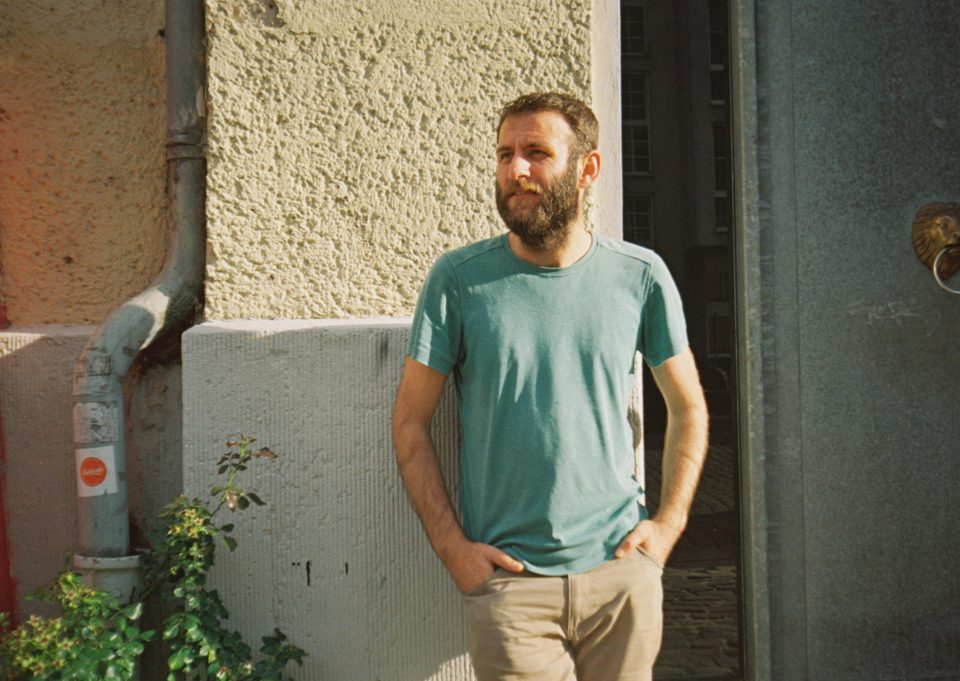
After the police raided my home, friends advised me against returning to Turkey. If I did, there was a possibility that I would be arrested, so I had no option but to apply for asylum.
How and when did you come to Berlin?
I was volunteering with an organization called Halkların Köprüsü (The People’s Bridge – ed.) in Izmir doing a study on refugees. The Alice Salomon University of Applied Sciences in Berlin contacted me, and a group from the university came to visit me in Izmir. I showed them where the refugees were living and explained to them the problems that they faced. Later the group wrote a play based on their impressions from the trip and I was asked whether I would come over to Berlin to give a talk. I accepted their invitation and on the 27th December 2017, I travelled to Berlin. I’m not usually so good at remembering dates but this one, for whatever reason, has stuck in my head.
When I came here I gave talks at the Alice Salomon University and at the Rosa Luxemburg Foundation but while I was in Berlin one unfortunate incident after another took place in Turkey. The police raided my home; I had signed a petition entitled ‘Actors for Peace – In support of Academics of Peace,’ due to this the police launched an investigation into me. Legal proceedings were initiated due to a campaign that we had collectively taken part in as a community. Consequently, I discussed my situation with friends of mine who are lawyers and they universally advised me against returning to Turkey, telling me that if I did there was a possibility that I would be arrested and detained. So I had no option but to apply for asylum. My application was approved in early April 2016.
Since then have you returned to Turkey?
No, I haven’t.
Do you miss Izmir?
Well, today, for example, the weather is really nice and so in the meantime, I feel just as I would in Izmir, especially here in Kreuzberg (one of the centres of Berlin’s Turkish community – ed.). From time to time there are, of course, things that I miss, but I don’t want to get despondent, I can’t carry on with my life if I’m constantly pining for home. I’m here in Berlin on vacation, and am simply staying a little longer than planned – that’s what I tell myself.
I have never had a good relationship with the state in Turkey. Since my childhood, I have been a victim of the state, and that means something. I also chose my current situation; in one way or another, I could have achieved great professional success if I’d exhibited a manner of thinking and attitude more in line with those of Turkey’s governing party. Everything then would always have been secure and stable but that’s not what I chose, and I take responsibility for that. Frankly, I knew that the consequences of this decision wouldn’t be particularly rosy.
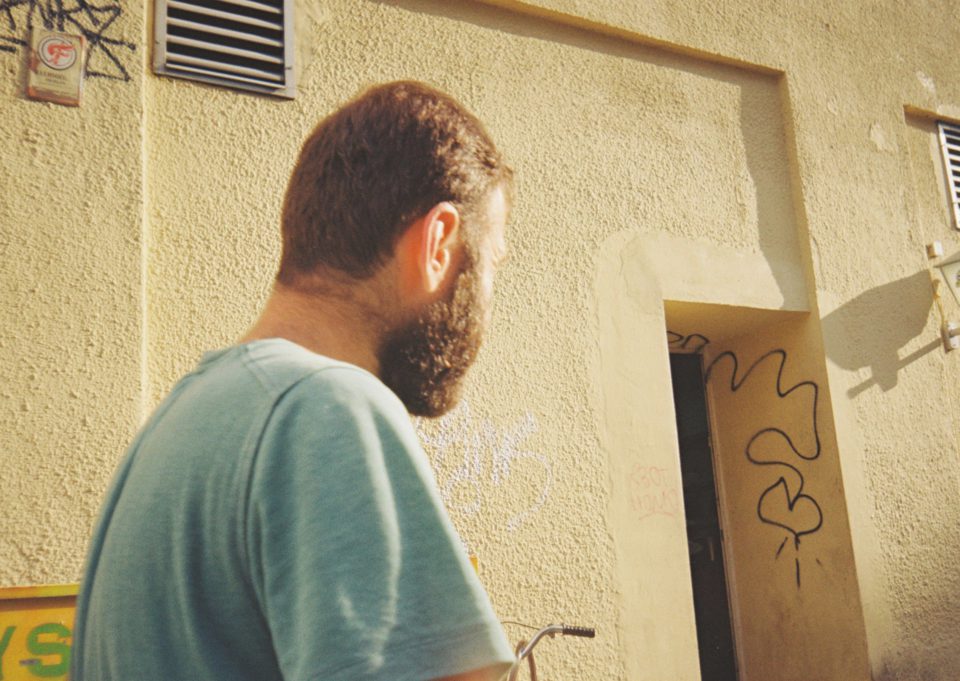
I miss Izmir but I don’t want to get despondent. I’m here in Berlin on vacation, and am simply staying a little longer than planned – that’s what I tell myself.
Many view Berlin as a city defined by its tolerance and the city continues ever more to be viewed in this way. What do you think of the notion of Berlin as a city of tolerance?
For different cultures and identities, it isn’t always that easy to find one’s way here and to live as part of a community. Those of us who have only recently arrived are often the most visible migrants and for that reason, we experience greater difficulty here.
I find that people with a Western cultural background often have an orientalist viewpoint. For example how they deal with refugees – whilst they don’t approach them in a necessarily negative way, they still see them as being different. There certainly exists a hierarchy between those who help and those who seek help. However, there is a difference between helping those in need and the act of showing solidarity. Solidarity creates more equal relationships, whereas the act of helping is, of course, a much easier sell because it gives you a clean conscience. When I was in Izmir my relationship with the refugees there was one of camaraderie even when that was not always easy for everyone.
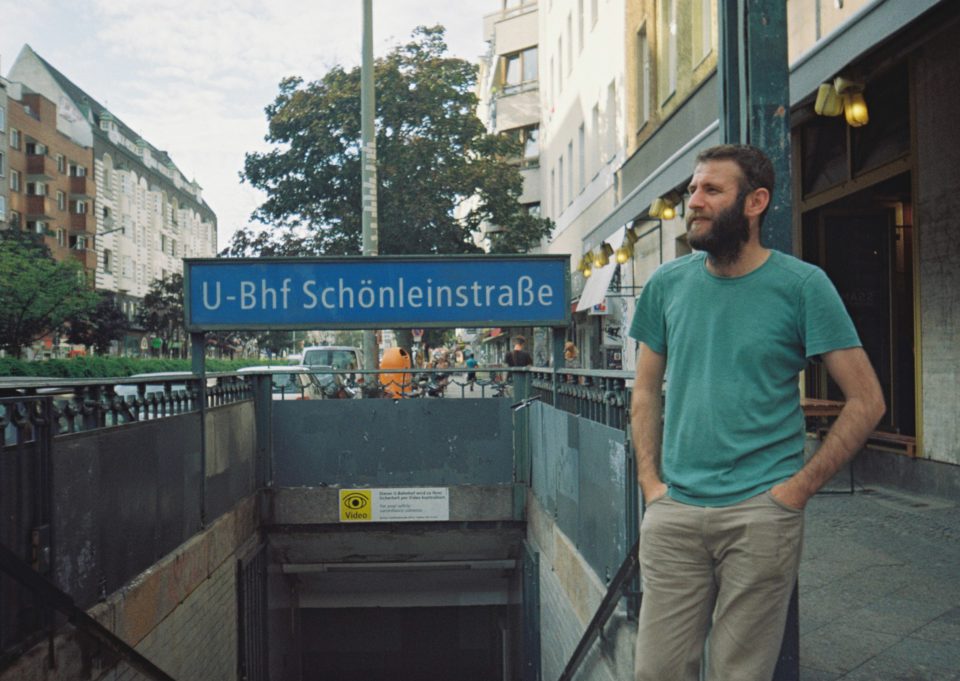
Do you feel part of German society by now?
I’m having a bit of a hard time as I can’t speak German and I don’t usually like to mince my words. That said I don’t feel wholly detached; I think that I have an awareness of German politics and culture. I’m also well aware of the bureaucracy and I also know my legal rights, for example, I am a member of DIE LINKE (a left-wing political party – ed.). I volunteer with them, helping with their campaigns. I’m of the opinion that as long as I’m here I should be getting involved in politics. I think that doing the opposite just wouldn’t be right.
Berlin is seen by many as a transitory city – many of those who come here want to be living somewhere else in five to ten years time. How do you feel about that?
Berlin has grown to hold a special place in my heart and I myself don’t view it as a transitory city. In Berlin, it often feels like the whole world is here in one city. There are people here from every background and walk of life and as such, I feel comfortable here. Of course, like everywhere there are problems but on the whole, people here have it very good.
Credits
Text: Asena Bulduk
Translation: Charles Brook

